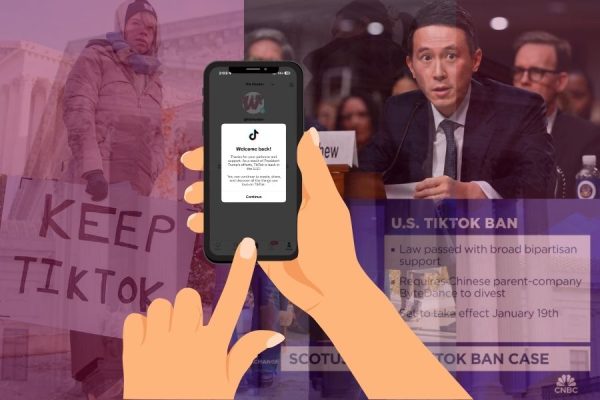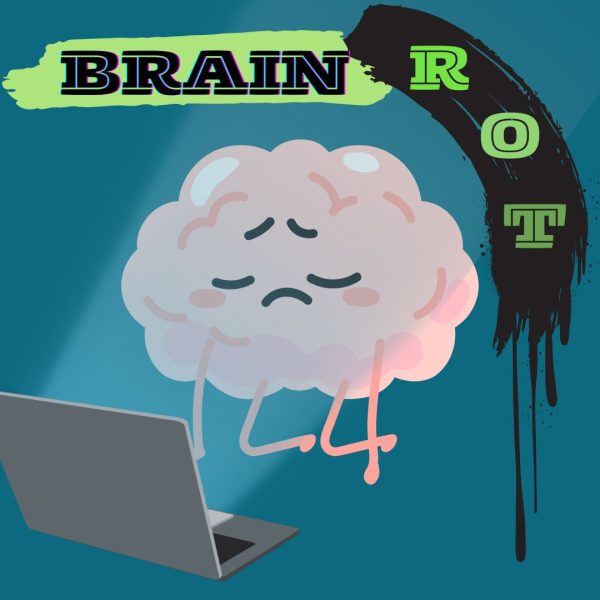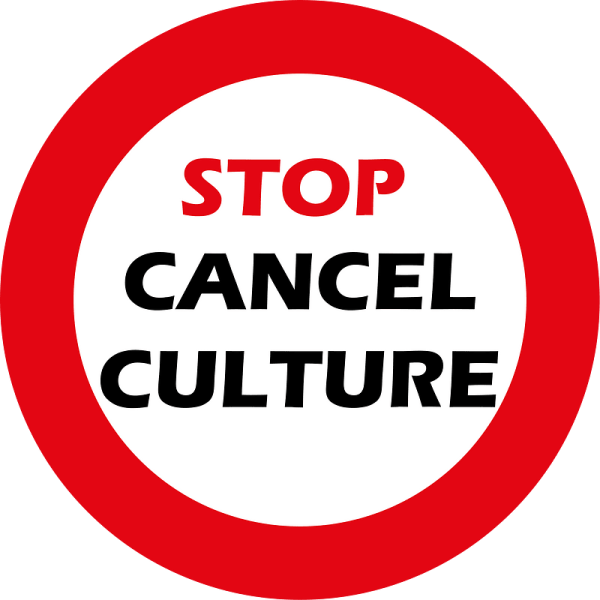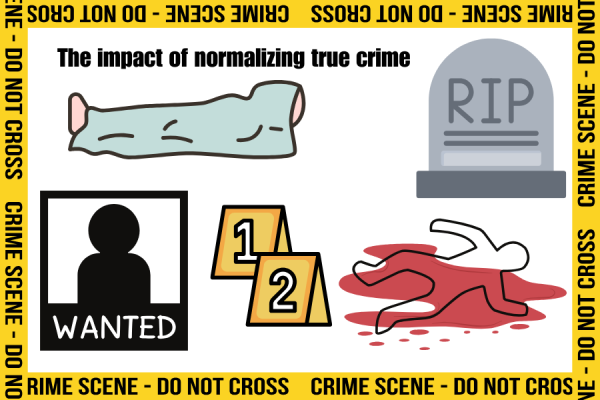Negligence in Puerto Rico continues to kill
Americans continue suffering in Puerto Rico while sufficient aid is not even close to reaching the island.
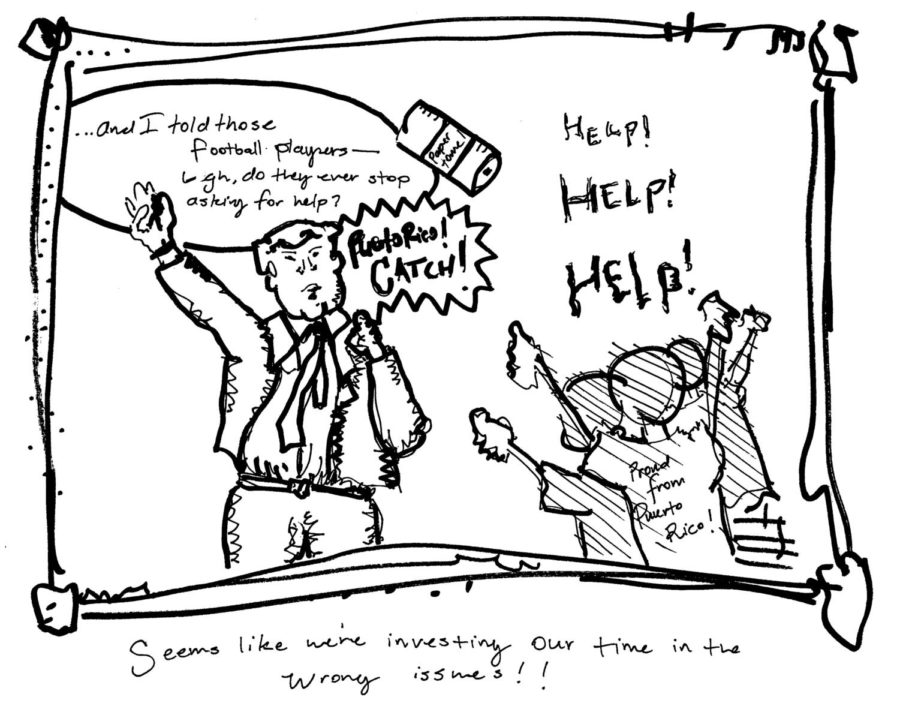 Staff Graphic by Maxwell Bryn
Staff Graphic by Maxwell Bryn
On September 20, Hurricane Maria, a powerful Category 4 hurricane with 150 mph winds, made direct landfall on Puerto Rico, bringing the island an astoundingly huge amount of extensive and very alarming damage.
When Maria struck, the island’s power grids were devastated, leaving 89% of Puerto Rico’s 3.4 million population without power, according to CNN’s data. Today, over a month later, 75% of the population remains in the dark. Many hospitals have not been able to function properly due to the lack of power and medication, which became scarce when faced with such a large demand of people in need of treatment. The hurricane also damaged the running water system intensely, leaving more than half of the island’s citizens without drinking water, remarked Puerto Rico’s capital mayor, Carmen Yulín Cruz to the media. All of these have led to the growing death toll that now surpasses 45.
On the same day that the White House approved $36.5 billion in aid for natural disasters, including in Puerto Rico, President Donald Trump tweeted out what seemed to be a warning suggesting that such aid would not continue “forever”. Trump also criticized Puerto Rico’s own government for not doing enough, but the reality is that Puerto Rico has no way to recover from such an astounding damage solely on its own. According to CNN, the island has $74 billion in debt and in October of 2016, the island’s unemployment rate topped more than 12% and doubled that of the mainland U.S.
Although government response to the disaster was much slower than expected, especially when talking about an American territory, The Federal Emergency Management Agency (FEMA) did unite efforts with federal partners such as the U.S Coast Guard to send task forces and support to Puerto Rico right after the hurricane hit. Their aid came in the form of men, aircrafts, helicopters and patrol boats. However, as important as such incentive definitely is, Carmen Yulín Cruz pointed out through a tweet that there were enough ‘boots on the ground’ but they needed to ‘move’ and better their logistics to help more effectively.
The island is in great need of more resources like drinking water, food, and much more assistance in the recovery of phone service as well as in the restoration of hospitals. But none of those seem to be Trump’s immediate worries or objectives. Trump, who visited the devastated island only to throw paper towels at hurricane victims, seems to be the perfect example of how developed countries tend to only gladly invest on smaller, “third world” countries when such an action is for their own benefit and profit.
The slow and reluctant reaction to aid Puerto Rico’s humanitarian crisis is truly shameful. The island is by law an unincorporated territory of the United States, which means the American government is responsible for managing and handling the island. But it is clear that now, when those American citizens need it the most, helping effectively simply doesn’t seem to be a priority.






